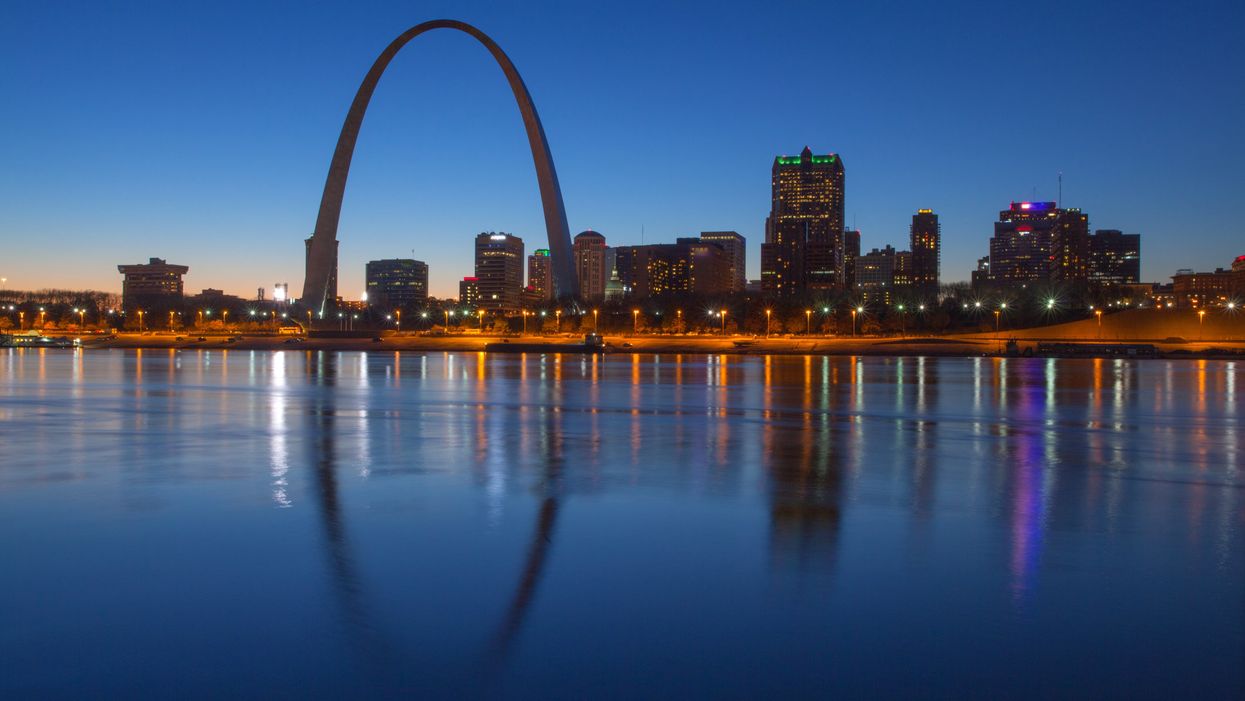Fields is on the board of Open Primaries, a national election reform organization that advocates for open and nonpartisan primary systems. Opdycke is its president.
Open Primaries recently endorsed the STL Approves campaign in St. Louis for approval voting and nonpartisan primaries. It's an important effort, not just for the city, but for the country.
We join local community and civil rights leaders including City Treasurer Tishaura Jones, Democratic Party Committeeman Rasheen Aldridge, the Rev. Darryl Gray, the League of Women Voters, Show Me Integrity and the Center for Election Science in endorsing this initiative.
St. Louis is one of only a few remaining major cities — New York, Philadelphia, Houston, Louisville, Indianapolis, Charlotte and Washington are the others — that conduct partisan municipal elections. It's a lousy system. Candidates must first win a partisan primary, and then compete in a general election. More than 80 percent of cities conduct nonpartisan elections and let all voters vote for whomever they want in both the first and second rounds. Like many cities completely dominated by one party, the only election that counts in St. Louis is the Democratic primary; whoever wins the Democratic Primary is the de facto winner.
STL Approves is gathering signatures in hopes of getting a referendum on the ballot next April. It wants to change the status quo using a one-two punch:
- End partisan primaries and replace them with an open, nonpartisan primary in which all voters vote and all candidates compete.
- Institute approval voting, an innovative form of voting where citizens "approve" of as many candidates as they want.
Every voter gets to participate in round one, not just Democrats, and they get to choose from among all the candidates: Democrats, Republicans, Greens and independents. Voters get to do something new — hallelujah — which is approve of candidates. The two who have the most approval advance from the first to the second round. The ultimate winner will have won the broad support of the city's voters.
The new system is all about the voters and the candidates, not about the parties. Let all voters participate in every round. Give them new tools with which to cast ballots. Let candidates campaign to everyone and earn a majority if they want to serve. It's a win-win for voters and candidates, and lose-lose for party elites who prefer an outdated system that gives them maximum control.
The current system is woefully out of sync. Many candidates in St. Louis win primaries with less than 40 percent support and then coast to victory in noncompetitive general elections. If enacted by the voters, the new system will encourage more involvement and higher turnout. And with it, a more representative and democratic political culture in St. Louis.
Our organization is endorsing this effort for two important reasons.
First, there is a national conversation about electoral innovation that is accelerating, which is very positive. But improvements to how we vote work best when all voters can participate. In St. Louis, not everyone can participate in round one, which is the only round that counts. Only Democrats can. Republicans, third-party members and independents are forced to choose a Democratic ballot or be frozen out. At a time when independents are the fastest growing segment of the electorate, voting arrangements that treat these voters as second-class citizens are outdated and have to go. The STL Approves campaign will bring approval voting to the city and make sure that everyone can vote in the elections.
There's another reason we are endorsing this measure. St. Louis is a majority-minority city with a prominent black community and a history of both civil rights advancements and ongoing inequality, tension and frustration. When the protests in neighboring Ferguson are over and the policing reforms (such as they are) are implemented, the question of how to empower the marginalized and create a voting system that encourages bridge building and cross-community coalitions remains.
Election reform only makes sense if it helps real people dismantle barriers and create a better future together. We think STL Approves is doing just that.



















Trump & Hegseth gave Mark Kelly a huge 2028 gift